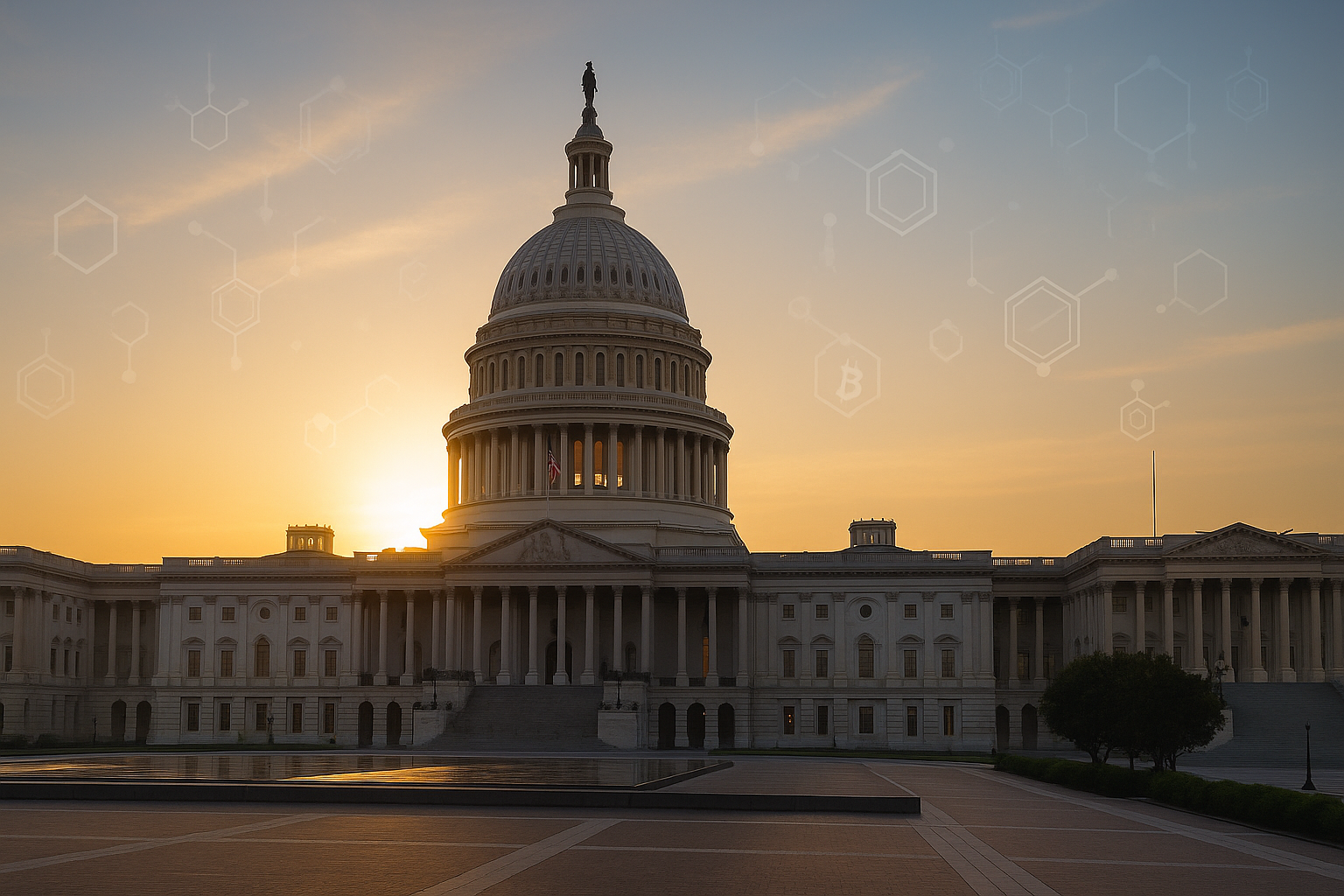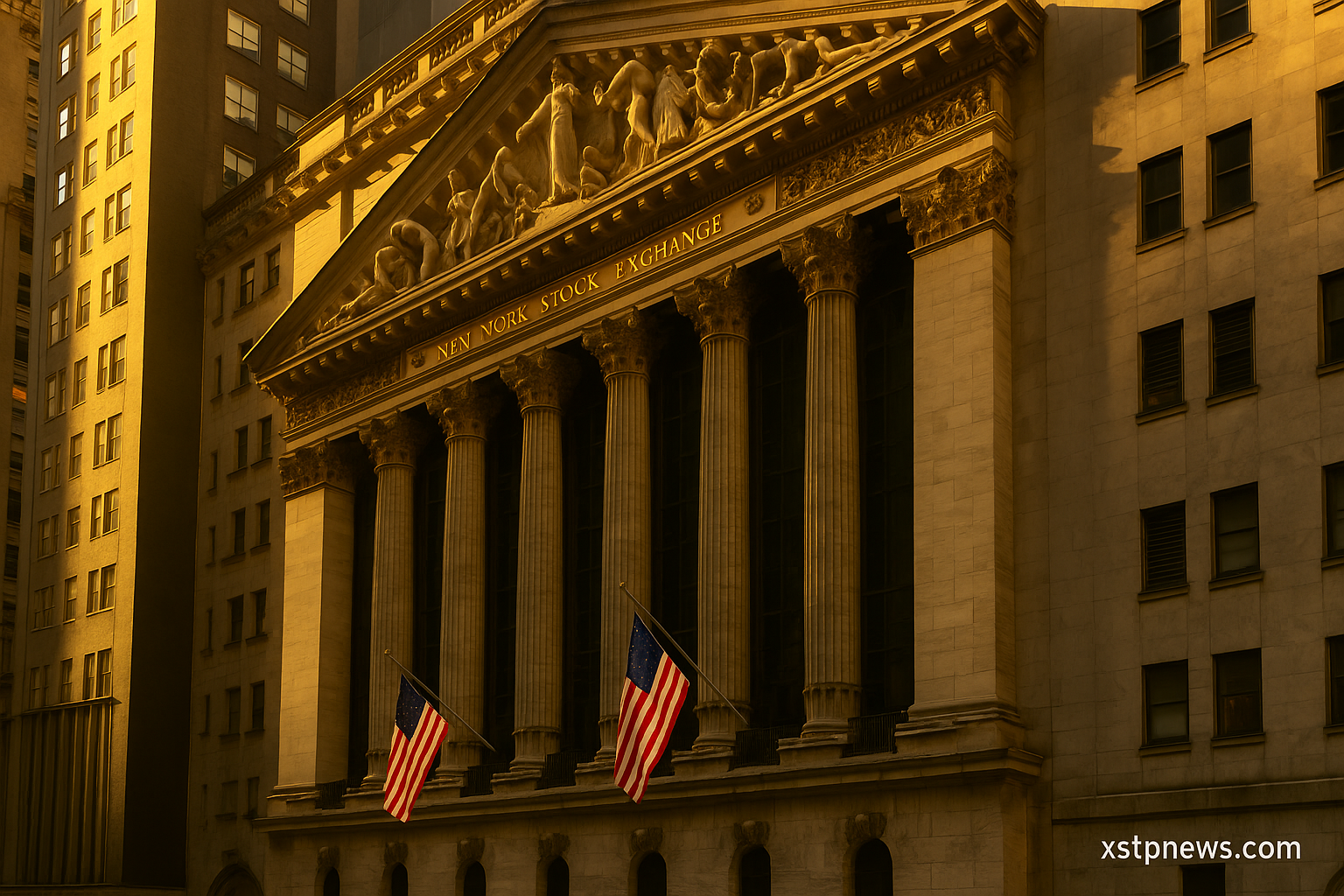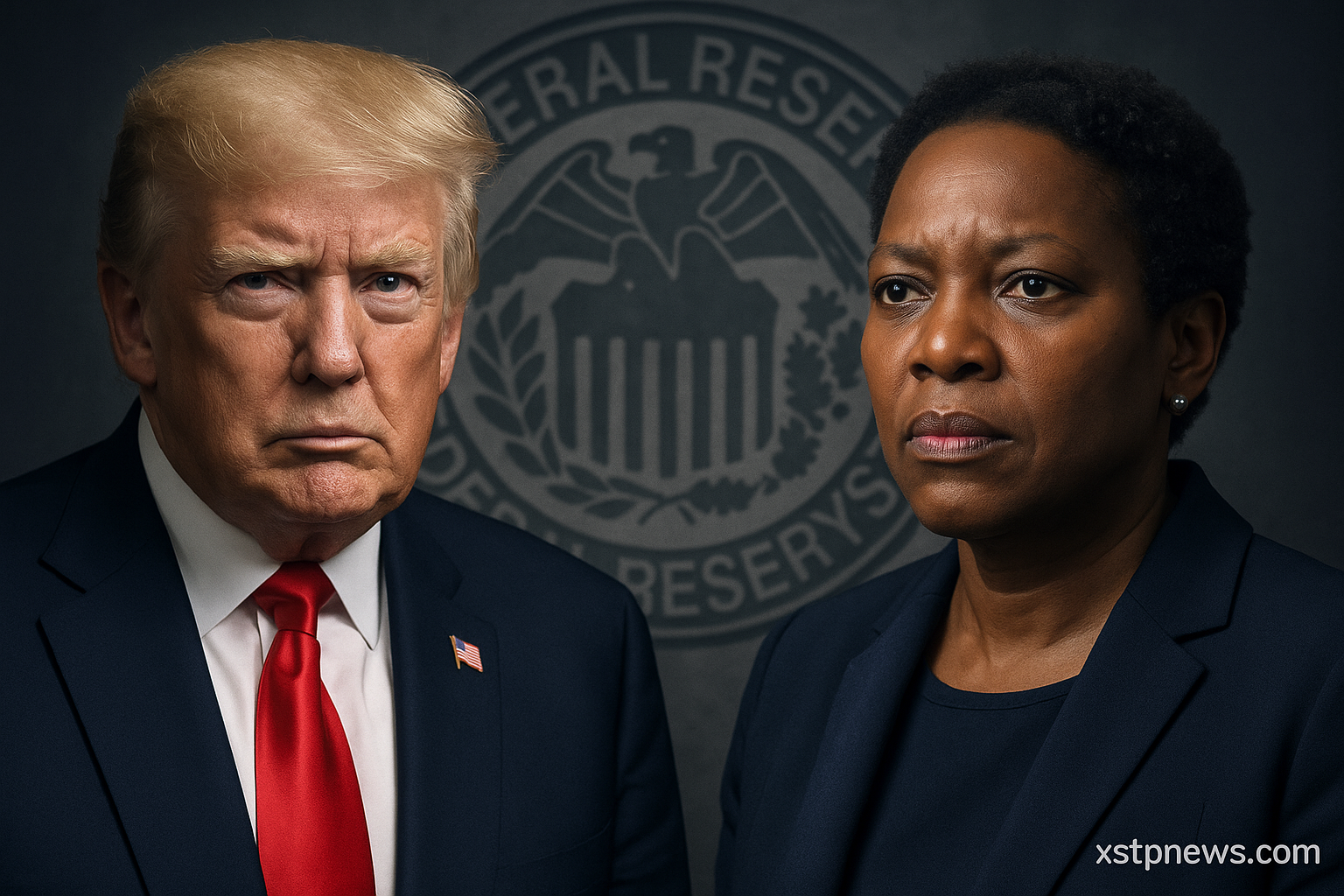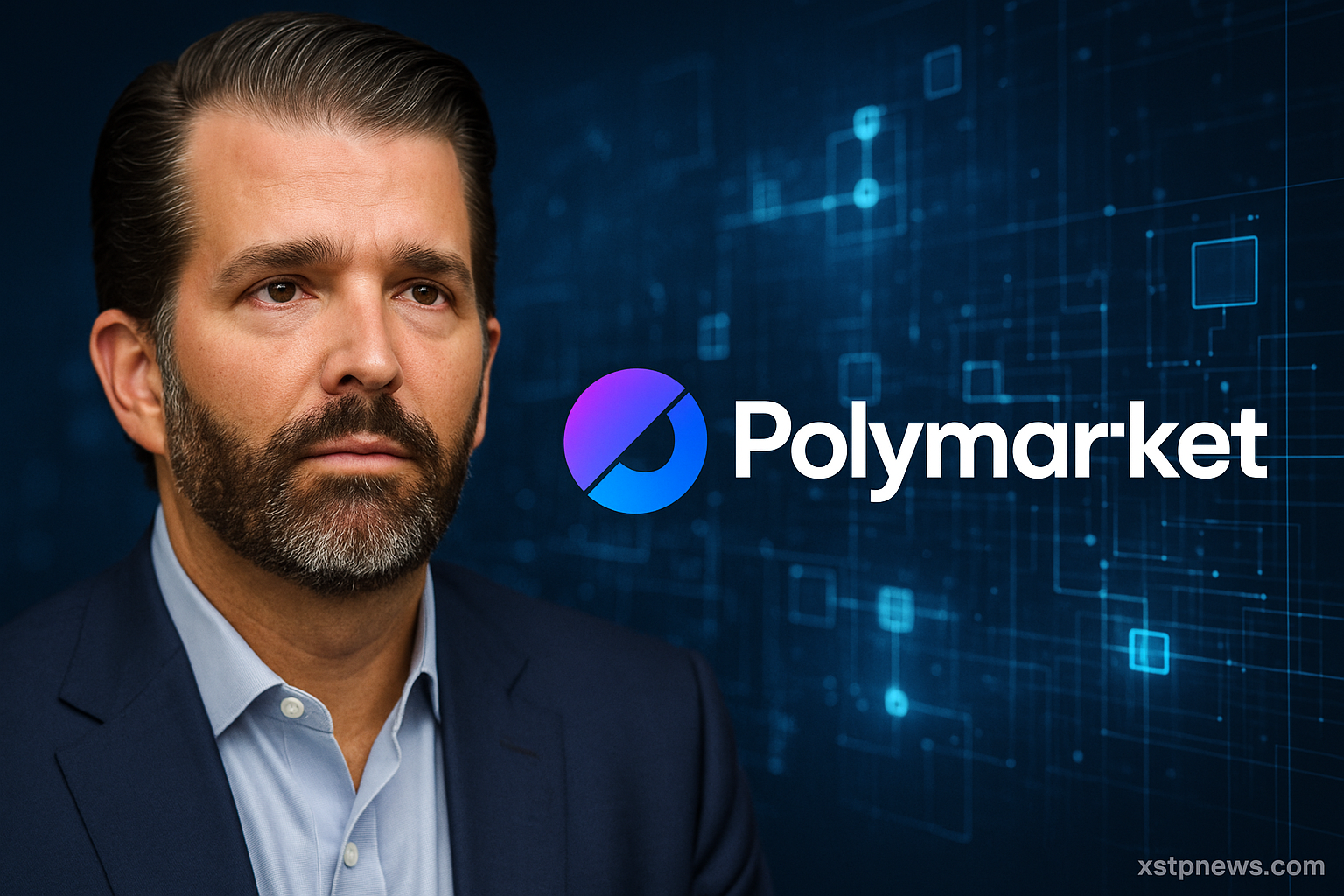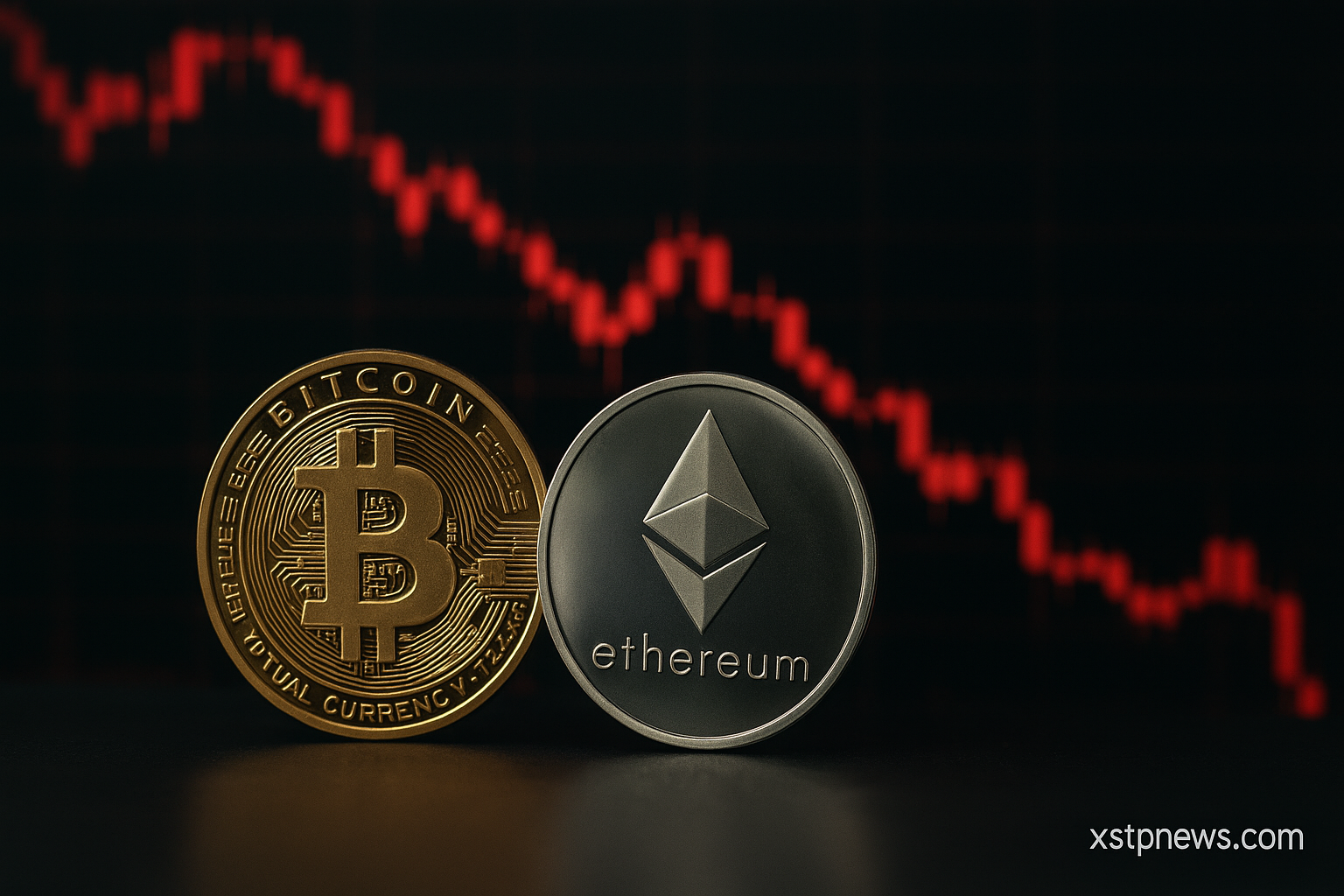Next week, the House Committee on Financial Services will launch what it’s calling “Crypto Week,” a legislative push directly aimed at fulfilling President Trump’s call to make the United States the crypto capital of the world. Lawmakers plan to advance several high-impact bills designed to secure America’s dominance in the growing digital asset market.
A strategic push on digital finance
Chairman French Hill and Representative GT Thompson confirmed that starting July 14, the House will focus on three cornerstone proposals. The first seeks to establish clear guidelines for stablecoins, offering a long-awaited regulatory framework. The second bill clarifies the often blurred lines between the SEC and CFTC, setting jurisdiction over different types of crypto assets. A third measure, the Anti-CBDC Surveillance State Act, aims to block the creation of a U.S. central bank digital currency, responding to privacy concerns from both industry leaders and civil liberties groups.
Representative Bryan Steil described the week as a chance to “make sure the U.S. stays the global leader in blockchain innovation,” stressing the balance between fostering innovation and safeguarding consumers.
Why this matters for crypto markets
If passed, these bills could radically shape how crypto businesses operate on American soil. Establishing clear rules around market structure, stablecoins, and explicitly banning a digital dollar could position the U.S. as a prime destination for crypto exchanges, developers and venture capital. This push aligns with the broader strategy laid out by the Trump administration, which has prioritized digital finance through executive orders and key agency appointments.
The split on Capitol Hill
Supporters argue that solidifying America’s crypto laws will attract investment, drive job creation and prevent technological flight overseas. Critics counter that the bills may tilt too heavily in favor of industry priorities, risking weaker investor protections and regulatory blind spots that could fuel speculation or fraud.
What comes next
Votes on the measures are expected as early as next week. Should the legislation clear the House, it would head to the Senate and possibly to the president’s desk. Meanwhile, the Senate Banking Committee is preparing its own hearings to examine digital asset frameworks, signaling that Washington is accelerating efforts to lock in the U.S. as the center of global crypto and blockchain finance.
